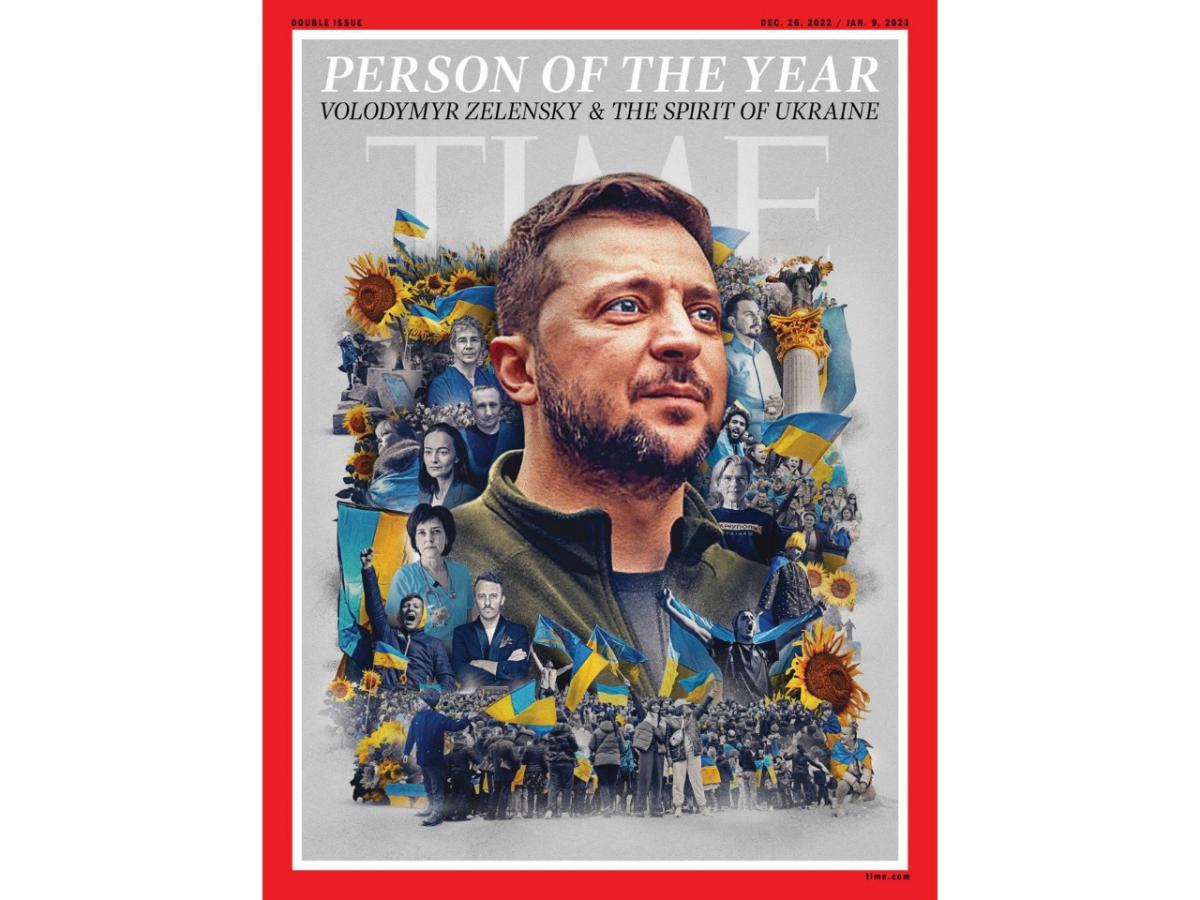
Putin deixa claro o que restará da Ucrânia após o término da operação especial

After a series of public statements that Russian President Vladimir Putin has made, his plan for the ultimate goals of the special military operation in terms of territorial acquisitions became clearer.
Putin gives his view of how Ukraine will look territorially
In the very beginning pf the special operation, Putin said that his goals were to denazify and demilitarise Ukraine. As 2022 is drawing to its end, it becomes clear that the Russian Army will not be able to achieve this without changing the regime in Kyiv.
Civil War in Ukraine
Speaking at the Valdai forum, Putin partially agreed that there was a civil war going on in Ukraine.
The Russians and the Ukrainians are "one people," but "we ended up in different states, unfortunately, for a number of reasons," the president said. During the establishment of the Soviet Union, "nationalist" Ukrainian Bolsheviks received "primordially Russian" territories. That was the main reason for the division between the Russians and the Ukrainians.
Putin thus made it clear that Ukrainian nationalists would lose these territories.
NATO does not want the Russian people united
At a press conference on December 22, Putin also said that Russia had long tolerated the war that was "unleashed" against the Russians in Ukraine.
"They will continue dividing, but we will work to unite. Nobody wants the unification of the Russian people, but us. We will be doing it, and we will succeed," the president said.
If the current war in Ukraine is "partially" a civil war, then the second part of its is a war with NATO.
Ukraine will remain as Galicia
Putin also recalled the tsarist times, when a deputy of the State Duma said that if you want to lose Ukraine, then annex Galicia to it. It is believed that it was Pyotr Durnovo, a member of the State Council, former Minister of Internal Affairs, who said those words when speaking to Emperor Nicholas II.
Based on the above-mentioned ideas, we can make a conclusion about Putin's territorial goals in the special military operation:
Russia will expand at the expense of Little Russian provinces that used to be part of the Russian Empire under an agreement with Bogdan Khmelnitsky. It goes about Kyiv, Cherkasy, Poltava and Chernihiv regions. There is also Novorossiya (New Russia) lands — the southeastern regions of the former Ukraine. The Donetsk People's Republic, the Luhansk People's Republic (DPR and LPR), Zaporozhye (aka Zaporizhzhia) and Kherson regions are already part of the Russian Federation.
Here is what remains on Ukraine:
- Odessa,
- Kharkiv, Nikolaev,
- Dnepropetrovsk,
- Kirovograd regions.
Galicia (Ivano-Frankivsk, Lviv and Ternopil regions) will not become part of the new Russia.
This does not mean that Putin will let the Poles go there. Moscow may use those territories for haggling with the EU: lift your sanctions and Galicia will be independent.
"Unlike its opponents, Russia does not refuse to negotiate on the situation around Ukraine," Putin said.
Putin's playbook becomes clear
"The intensification of hostilities will lead to unjustified losses," Putin said at a press conference."Unlike the West, Russia could not be that cynical about the situation in Ukraine. We have a different philosophy, a different attitude to life and to people," he added.
That could probably mean that one should get ready for a long urban war, in which Russia would not resort to carpet bombing — a tactic that United States used in Vietnam, Yugoslavia and Iraq.
Putin stated at the collegium of the Ministry of Defence on December 21 that the special military operation would continue, and it would be desirable to complete it by the end of 2023. Defence Minister Sergei Shoigu spoke about the planned offensive in 2023.
According to German publication Neue Zürcher Zeitung, there are two possible scenarios for events to develop:
Starting from April, the Russian Armed Forces will go on major offensive in the Donbass. As a result, the Armed Forces of Ukraine will be fragmented and will not be able to fight.
Russia will take control of all of Ukraine by attacking it from the Donbass. A group of troops from Belarus will go to take Kyiv. The Russian soldiers will reach the Polish border to stop the supplies of weapons from the West and take Transnistria under control, the analysis says.